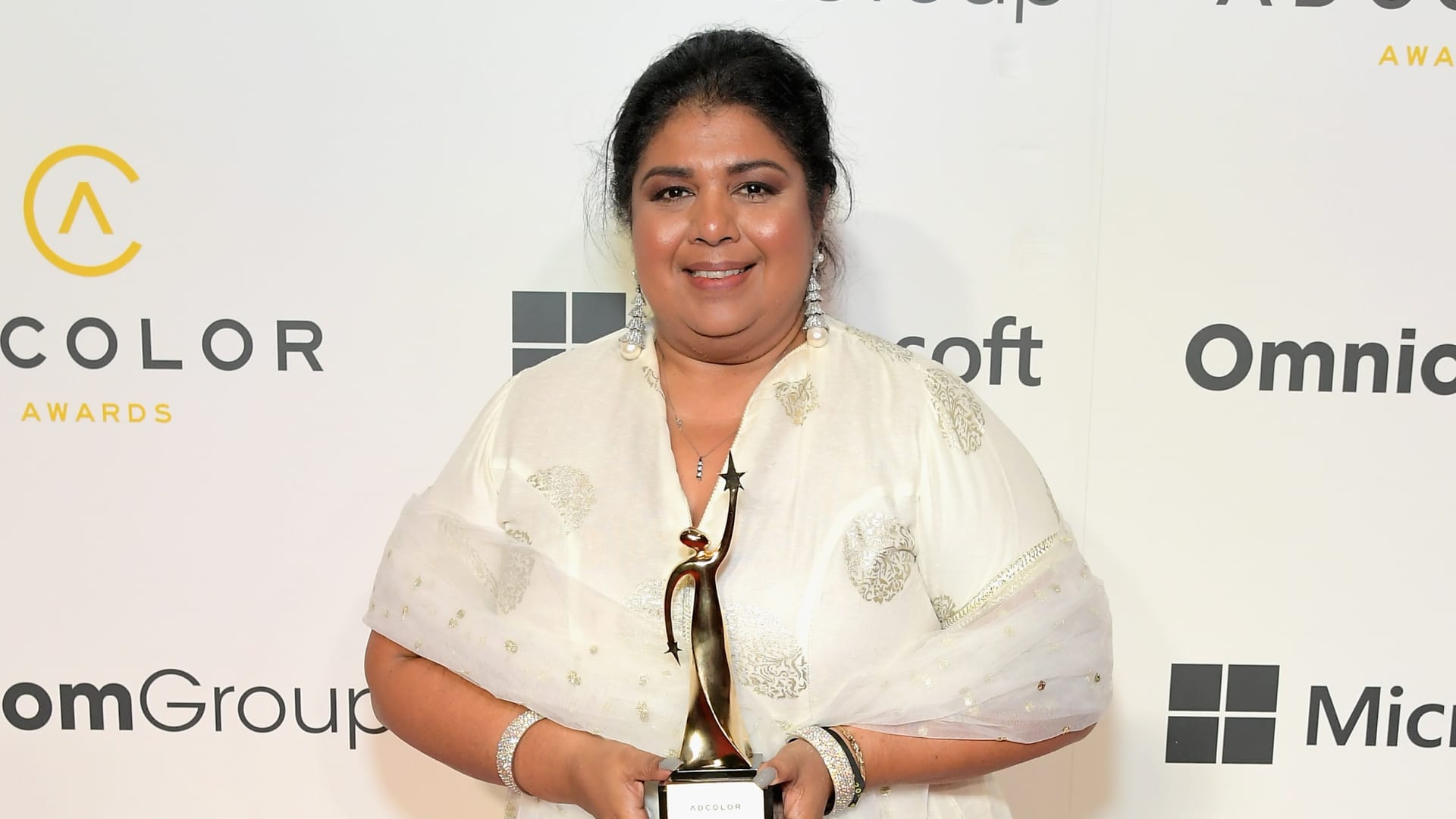
After spending the first half of her career climbing the corporate ladder, Ann Mukherjee realized a surprising secret about being the boss: It’s lonely at the top.
It’s even lonelier when you’re often the only woman of color in the boardroom.
Mukherjee, 56, is the North American CEO and chairman of Pernod Ricard, the world’s second-largest seller of wine and spirits, where she’s in charge of famous top-shelf liquor brands like Absolut, Jameson and Malibu. She’s also the first woman of color to hold the position, a trailblazer in a male-dominated industry.
“Making your voice heard in that environment doesn’t come naturally, so it can be challenging to overcome, but it’s important to push through,” she tells CNBC Make It.
After becoming CEO in 2019, Mukherjee says she quickly discovered that the image of the typical American CEO is steeped in an exaggerated “machismo” of being “buttoned up” and a “confident” leader who “has all the answers.”
She decided those stereotypes were harmful and unproductive. “As a CEO, everyone expects you to be on your game all of the time — and I think the hardest part about being a good CEO is being comfortable in saying, ‘I’m lonely,’ or ‘I need help,'” she says. “But humility and honesty are just as important as confidence in being a good leader.”
It’s a lesson Mukherjee wished she learned earlier in her career, and the one piece of advice she would give to anyone still carving out their professional path: “Do not worry about fitting in, and do not be afraid to speak up, because when you have confidence in yourself, anything is possible.”
“You need to unconditionally love your whole self … all of your strengths, weaknesses, threats and opportunities,” Mukherjee explains. “In understanding your weaknesses, you can better understand how to deal and move past them … only then can you truly grow as a person and a professional.”
Along with knowing your weaknesses, Mukherjee stresses the importance of embracing your failures. “Honestly, failure is the secret to my success,” she shares. “The reason is that in those moments where I’ve been unsuccessful, I have learned to pivot and found opportunities for growth … and in the end, I came out stronger than ever before.”
Check out:
Former Intel exec Diane Bryant on her biggest career regret and best business advice she’s received
3 Fortune 500 CEOs share the advice, lessons and skills that have shaped their success
Sign up now: Get smarter about your money and career with our weekly newsletter




